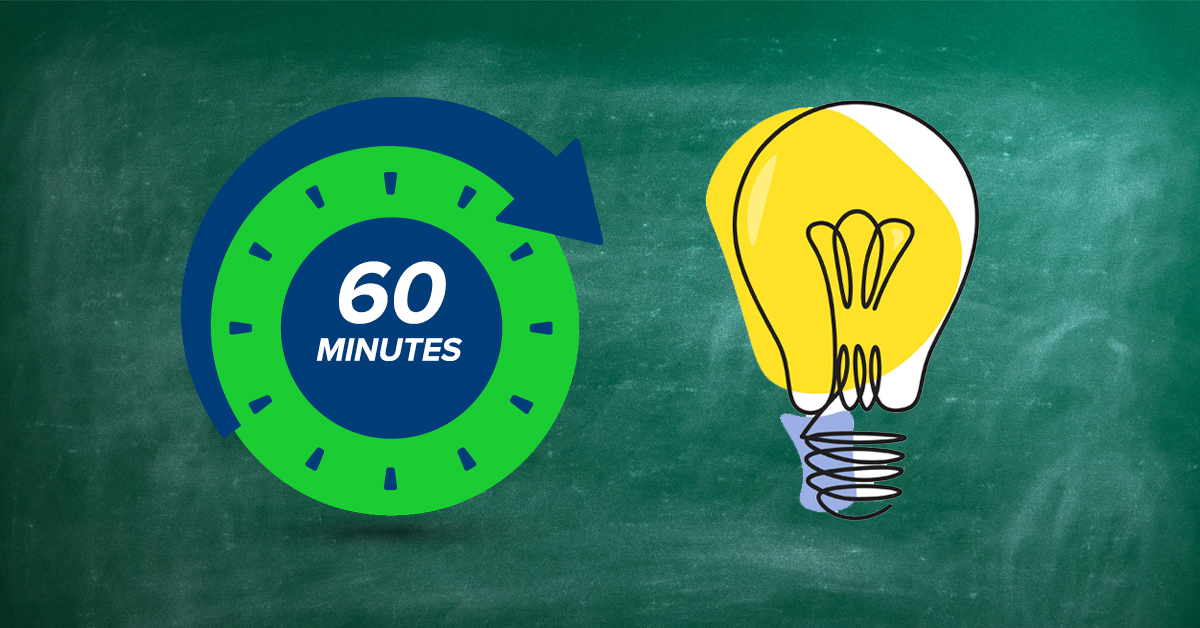
“I haven’t had my dinner yet, and now I am feeling hangry.”
Even if you’ve never encountered the word “hangry” before, I’m guessing that you instantly know what it means—it’s a portmanteau, or blended word, composed of “hungry” and “angry.” The word blend itself is pretty clear, and the surrounding context also helps to give you an immediate understanding of the word.
But is hangry a real word?
When you play Scrabble and a dispute arises over whether or not a word is real, the rules of the game tell you to check a dictionary. Of course, we also often turn to dictionaries outside of Scrabble-playing to answer questions about what words are real. This is because dictionaries function as important records for what words mean both now and throughout history.
But as our collective usage of the English language changes over time, new words often emerge. There are a variety of ways that new words enter the language. New words can be compounds of preexisting words, like brunch (breakfast + lunch). New words can also be old words that take on new meaning, like how “decimate” used to mean “kill one in ten,” but now means something like “wiped out the whole army.” New words can even be old words that adopt a new grammatical function, like how the proper noun “Google” turns into the verb “I googled it.” And sometimes new word
Anne Curzan (TED Talk)
In her entertaining TED Talk, Anne Curzan explores this question of what makes a word real. Curzan is an English professor and historian of the English language, and she helps write usage notes for dictionaries. In this talk, which she gave to a room full of students, she explains the very human process of compiling dictionaries and encourages them to think creatively about how language can change over time.
Related Activity
As a fun activity idea, have your student watch the TED Talk and then research and present on a handful of words As a fun activity idea, have your student watch the TED Talk and then research and present on a handful of words that are recent additions to the English language. Consider selecting a word from each category (blended, old words with new meaning, old words functioning as different parts of speech, and words from another language) to be incorporated into your student’s presentation. You could also ask your student to come up with their own word and meaning.




Leave a Reply